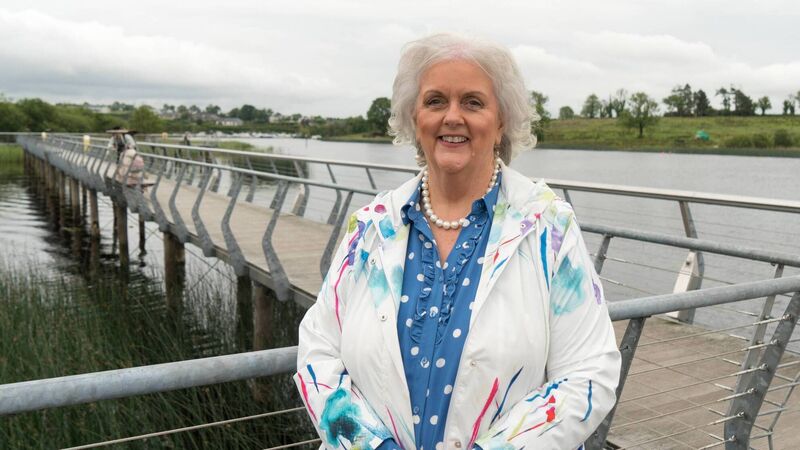'I had five years of pure hell — taking HRT early on in menopause might have helped'

Tina Brennan speculates whether receiving HRT sooner might have prevented her heart palpitations, which led her into ‘five years of pure hell’. Picture: Gerry Faughnan











